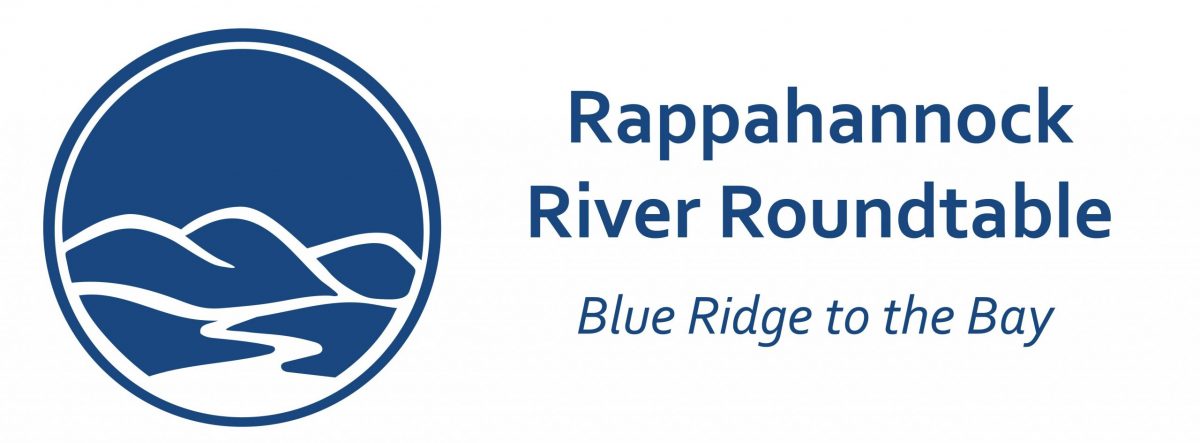
- This event has passed.
Coastal Wetland Migration as a Climate Change Resiliency Strategy: Conservation Planning and Decision Making
February 23, 2022 @ 3:00 pm - 4:30 pm

While coastal wetlands provide essential benefits to our coastal communities, they are at serious risk from the impacts of climate change, land use development, and shoreline hardening. One coastal resilience strategy is to conserve upland areas to allow for coastal wetlands to migrate inland in the face of sea-level rise. In this webinar, attendees will learn about coastal wetland migration, current research on the drivers of migration rates, how some coastal managers are addressing coastal wetland migration, useful resources to launch and support this work, and a current effort to assess what decision-makers in conservation, management, planning, and policy need to advance protection of habitat for future coastal wetlands.

Mary Schoell is a NOAA Digital Coast Fellow hosted by the National Estuarine Research Reserve Association (NERRA) and the Narragansett Bay National Estuarine Research Reserve (NERR), where she is applying social science methods to assess stakeholder needs as they relate to protecting habitat for coastal wetland migration. As a coastal ecologist by training, Mary has over eight years of experience working on coastal wetland issues related to climate change, human impacts, and restoration efforts. She holds a bachelor’s degree in Environmental Science from the University of Connecticut and a master’s degree from the Yale School of the Environment. During her time at Yale, she studied the effects of sea-level rise and storm surge on salt marsh migration into coastal forests along Long Island Sound.
